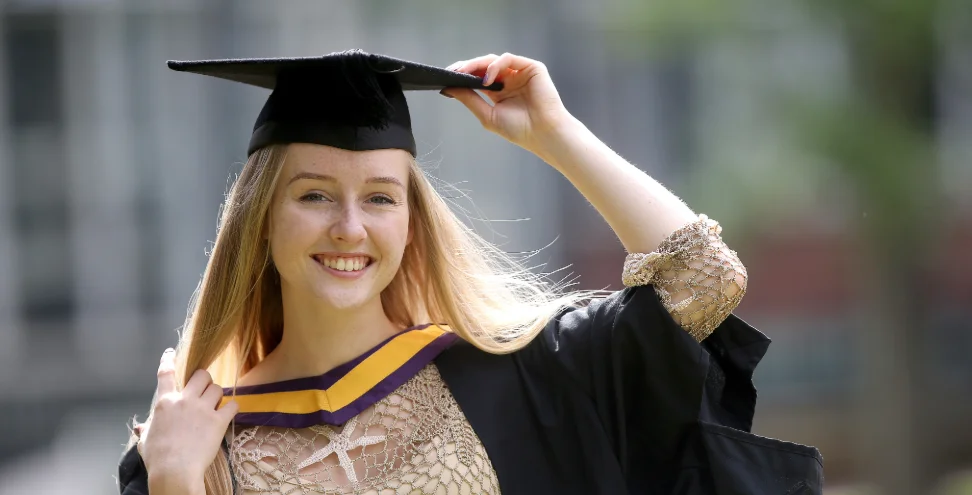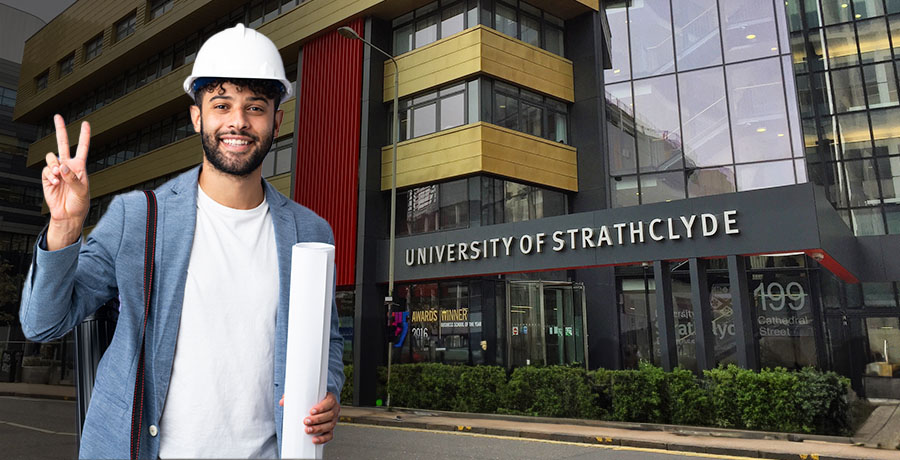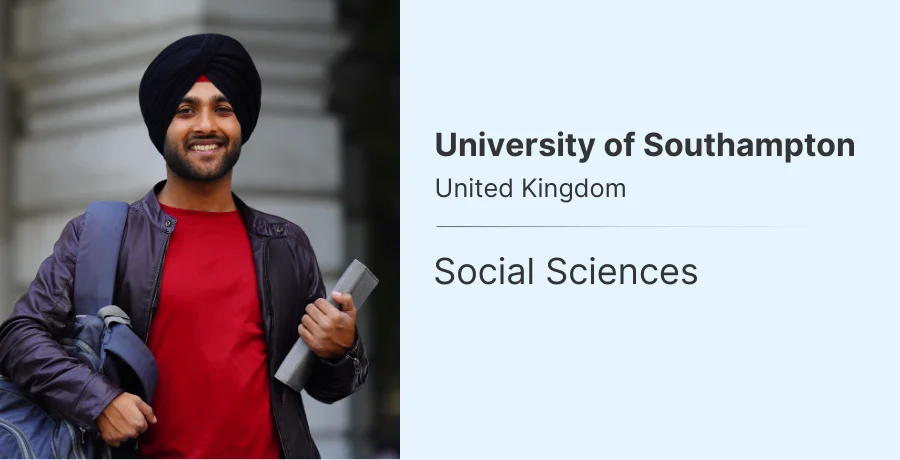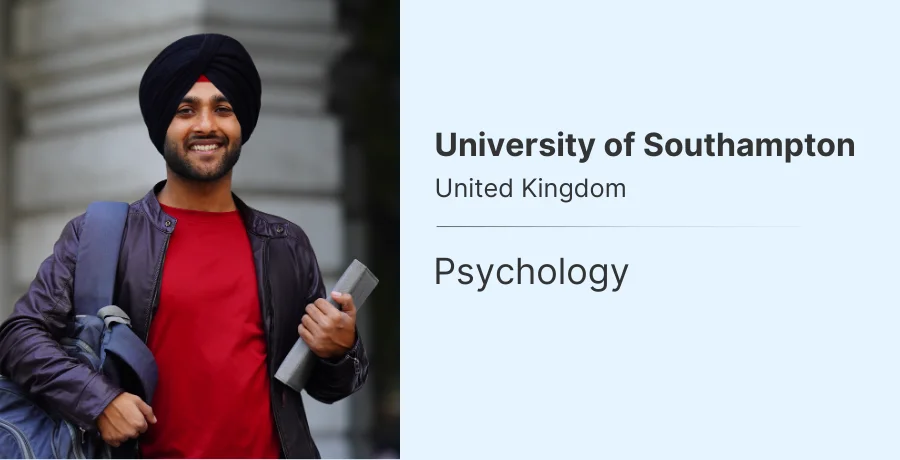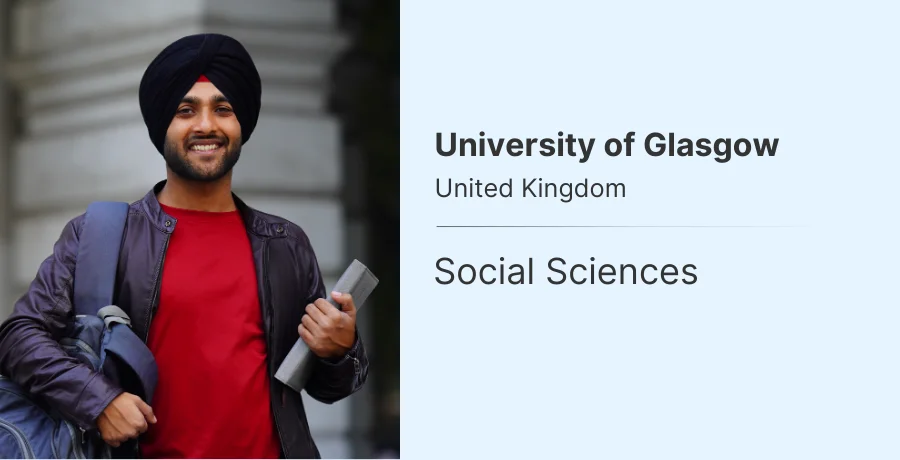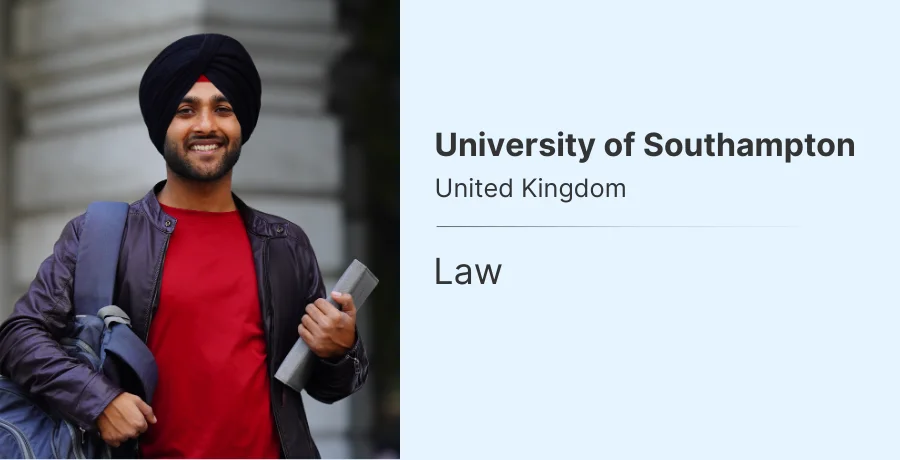Royal Academy of Music
University Highlights
The Royal Academy of Music, established in 1822, stands as one of the oldest and most prestigious conservatoires in the world. Located in London, it has been a beacon of musical excellence for nearly two centuries. The Academy has consistently ranked high in various educational rankings, including the QS World University Rankings. Its infrastructure is state-of-the-art, featuring modern facilities that support an enriching learning environment. The university boasts an experienced faculty, including renowned musicians and educators who bring a wealth of knowledge and expertise to the students. The Academy is well-funded, allowing it to offer extensive resources and support to its students and faculty. It is also fully accredited, ensuring high standards of education and training.
- Year of establishment: 1822
- QS ranking: Top tier in Music
- Other Rankings:
- Top 10 in UK Conservatoires
- Top 50 in Global Music Schools
- Top 5 in Europe for Music Education
- Top 20 for Performance Arts
- Top 30 for Music Research
- Infrastructure: Advanced facilities including performance halls, recording studios, and practice rooms
- Teaching faculty: Experienced and internationally renowned musicians and educators
- Funding: Well-funded with extensive resources for students and faculty
- Accreditation: Fully accredited institution ensuring high educational standards
University Admissions
Admission to the Royal Academy of Music is highly competitive, reflecting its status as a leading institution in music education. The Academy attracts a significant percentage of international students, enriching the cultural diversity of the campus. The academic year is divided into two semesters with intakes typically in September and February. The university's infrastructure supports a rigorous admission process, ensuring that only the most talented and dedicated students are selected.
UG Admissions
- Application Form: Complete the online application form available on the university website.
- Audition: Submit a recorded audition or attend a live audition as per the program requirements.
- Academic Transcripts: Provide official transcripts from previous educational institutions.
- Recommendation Letters: Submit at least two letters of recommendation from music professionals or educators.
- Personal Statement: Write a personal statement explaining your musical background and career aspirations.
PG Admissions
- Application Form: Fill out the online application form provided by the university.
- Portfolio: Submit a portfolio of your work, including recordings and compositions.
- Academic Qualifications: Provide proof of undergraduate degree in music or a related field.
- Interview: Attend an interview with the admissions committee to discuss your goals and experience.
- References: Submit two professional references who can vouch for your musical abilities and character.
Ph.D. Admissions
- Research Proposal: Submit a detailed research proposal outlining your intended area of study.
- Academic Transcripts: Provide official transcripts from previous educational institutions, including postgraduate qualifications.
- Interview: Attend an interview with the faculty to discuss your research interests and experience.
- Publications: Submit any published works or research papers relevant to your field of study.
- References: Provide three academic or professional references who can attest to your suitability for the program.
To know more about other universities in the UK, click here.
Eligibility Criteria
Undergraduate Programs
- Bachelor of Music (BMus): A comprehensive program covering performance, composition, and music theory.
- BA in Musical Theatre: Focuses on acting, singing, and dance within a musical theatre context.
- BA in Music Business: Offers insights into the music industry, including management, marketing, and law.
Postgraduate Programs
- Master of Music (MMus): Advanced study in performance, composition, or music theory.
- MA in Music Education: Prepares students for careers in music teaching and educational leadership.
- MPhil in Music Research: Focuses on scholarly research in various music-related fields.
University Programs
The Royal Academy of Music offers a wide range of programs catering to various aspects of music education. These programs are designed to provide students with the skills and knowledge needed to excel in their chosen fields, whether it be performance, composition, or music education.
UG Programs
- Bachelor of Music (BMus): A diverse curriculum covering performance, composition, and music theory.
- BA in Musical Theatre: Integrates acting, singing, and dance with a focus on musical theatre.
- BA in Music Business: Provides an understanding of the music industry, including management and law.
PG Programs
- Master of Music (MMus): Specializes in advanced performance, composition, or music theory.
- MA in Music Education: Prepares students for careers in music teaching and educational leadership.
- MPhil in Music Research: Focuses on scholarly research in various music-related fields.
Accommodation
On-campus Accommodation
The Royal Academy of Music offers on-campus accommodation with modern amenities. Students can choose from a variety of housing options, including single and shared rooms, all designed to provide a comfortable living environment.
Off-campus Accommodation
Off-campus accommodation is also available, with numerous options located close to the university. These include private rentals and shared housing, providing flexibility and convenience for students.
Housing Options
Single and shared rooms, private rentals, and shared housing.
Cost of Tuition Fees
The cost of tuition at the Royal Academy of Music varies depending on the program and level of study. On average, undergraduate programs cost around £18,000 per year, while postgraduate programs are approximately £20,000 per year.
| Program | Annual Tuition Fees |
|---|---|
| Undergraduate | £18,000 |
| Postgraduate | £20,000 |
Cost of Living
The cost of living in London can be high, but students at the Royal Academy of Music can benefit from various accommodation and lifestyle options to manage their expenses effectively.
| Expense | Approximate Monthly Cost |
|---|---|
| Rent, Travel, Utility | £1,200 |
| Food & Drink, Entertainment | £400 |
Scholarships
The Royal Academy of Music offers a range of scholarships to support talented students. These scholarships are awarded based on merit and financial need, helping students to focus on their studies without worrying about finances.
| Scholarship Name | Maximum Amount Offered |
|---|---|
| President's Scholarship | £10,000 |
| Dean's Award | £8,000 |
| Performance Excellence Scholarship | £7,000 |
| Composition Scholarship | £6,000 |
| Music Research Scholarship | £5,000 |
| International Student Scholarship | £4,000 |
| Talent Award | £3,000 |
| Merit Scholarship | £2,000 |
| Financial Aid Grant | £1,000 |
| Special Needs Scholarship | £1,000 |
To know about the UK study visa requirements, click here.
Placements
The Royal Academy of Music has a strong track record of successful placements, with many graduates securing prominent roles in the music industry. The placement rate is exceptionally high, reflecting the quality of education and training provided by the Academy.
| Job Role | Approximate Salary |
|---|---|
| Orchestra Musician | £40,000 |
| Composer | £35,000 |
| Music Teacher | £30,000 |
| Sound Engineer | £28,000 |
| Music Producer | £45,000 |
| Music Therapist | £32,000 |
